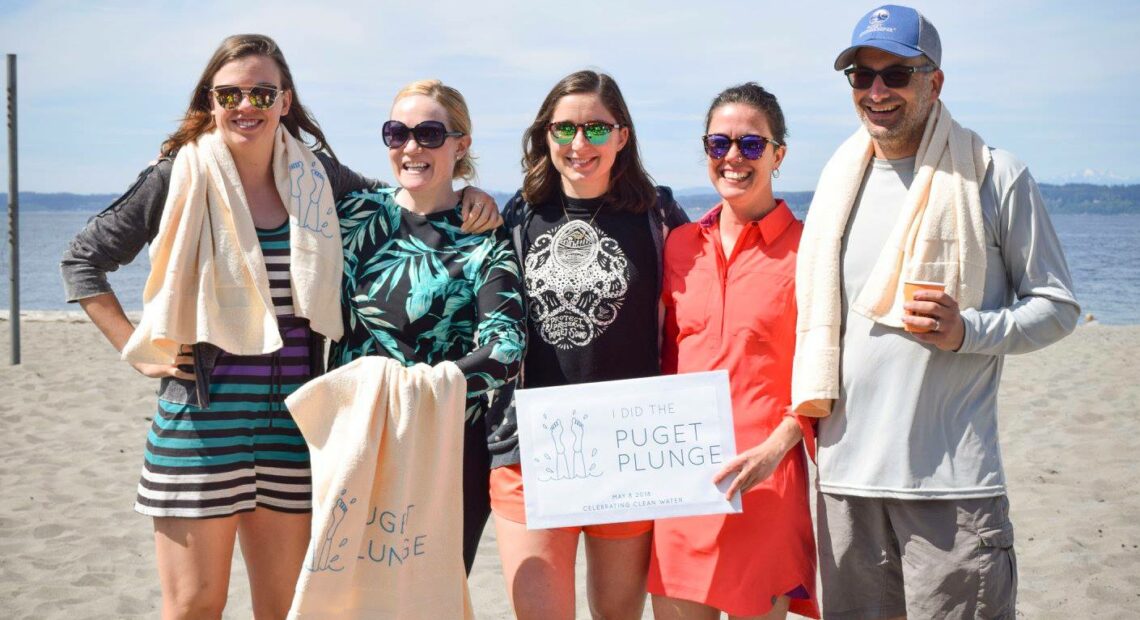
No More Dumping In Puget Sound
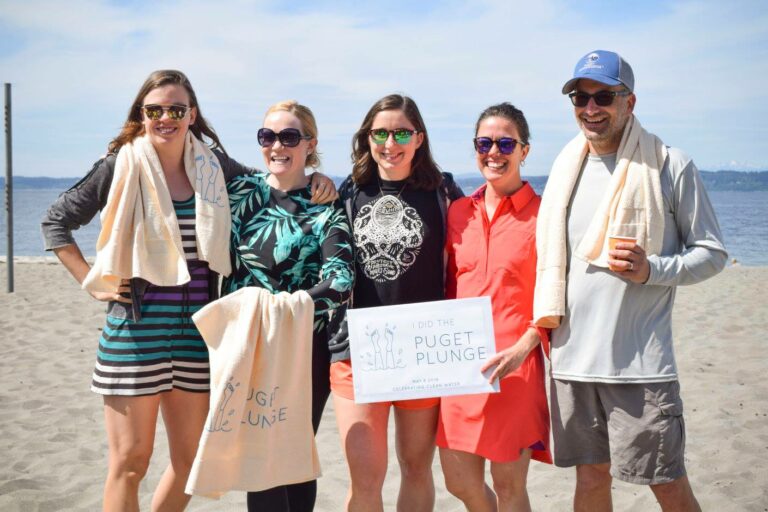
Read
Speed boats, tugboats, cruise ships and any other watercraft operating in Puget Sound will soon have to comply with a new federal No Discharge Zone.
Also known as a NDZ, it prohibits boats from dumping raw or partially treated sewage into the water.
Getting the designation for the sound as a federal NDZ is a battle that Washington has been fighting since 2012, when the state Department of Ecology decided to pursue establishing one, says Mindy Roberts, who worked for the department at the time.
“Many people, actually, were already doing the right thing with their boats, they had tanks on board, and would pump those tanks out, as they filled with blackwater,” Roberts says.
Roberts, who is now the Puget Sound program director for Washington Environmental Council and Washington Conservation Voters, says some tugboats and cruise companies that operate in the sound have not been as conscientious.
After the EPA region 10 approved the NDZ in 2018, Roberts says they began to hear murmurs of plans to overturn the decision by the Trump administration EPA.
American Waterways Operators, which represents the tugboat industry, along with the previous Trump administration EPA, attempted to block the sign-off of the NDZ – by reconsidering compliance costs to the industry, according to a press release from the Washington Environmental Council.
The United States district court in Washington D.C. denied these efforts on Monday. Watercraft operators will have until May 2023 to comply with the NDZ.
Roberts says that the NDZ has always been popular with the public and that this is good news for public health:
“I just don’t think anybody should be dumping their sewage into Puget Sound,” Roberts says.
Related Stories:
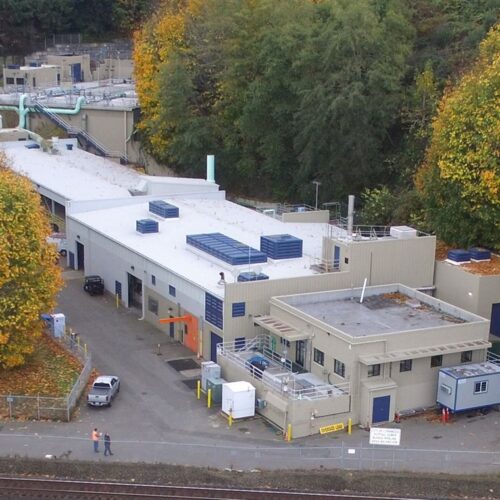
City of Lynnwood pays $550k fine to EPA for Clean Air Act violations
Processing sewage — it’s a dirty job for any city. One way governments choose to process that waste is through incineration. However, the process of burning that waste has to adhere to strict standards, including the Environmental Protection Agency’s Clean Air Act.
An aging incinerator the City of Lynnwood uses to process waste has become less efficient and beginning in 2020, fell out of compliance with those standards. Now, the city has paid a $550, 259 penalty to the EPA and will have to decommission the incinerator to comply with the standards.
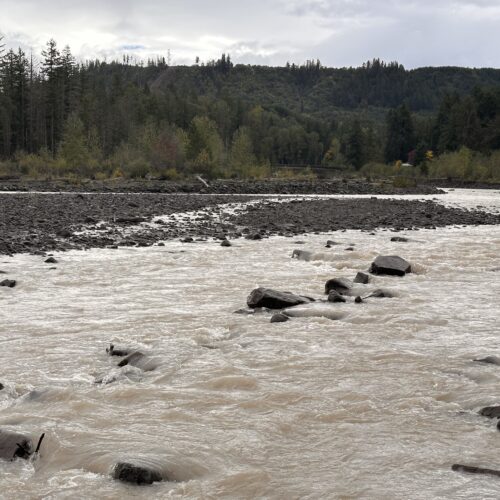
New flood management plan considers more flooding types
After about five years in the works, the Pierce County Council adopted a new Comprehensive Flood Hazard Management Plan that broadens the scope of what kinds of flooding the county will plan for – from coastal to urban flooding.
Angela Angove is the floodplain and watershed services manager with Pierce County Planning and Public Works. She said different types of flooding are top of mind for people in the county, recalling the King Tides that caused tidal flooding last December.
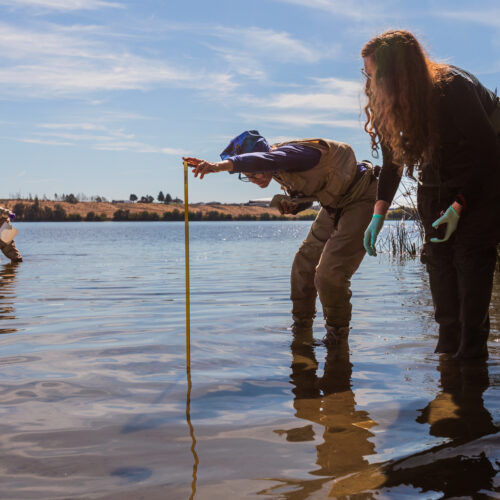
Big trouble on the Columbia: EPA studies river’s toxic algae spread
U.S. Environmental Protection Agency scientists Rochelle Labiosa (right) and Lil Herger examine the Columbia River for toxic algae as Jason Pappani leans over to reach into the water. (Credit: Rajah















